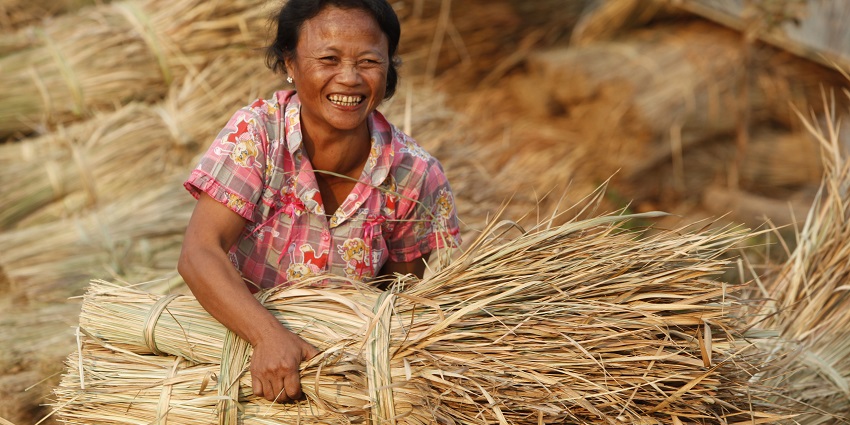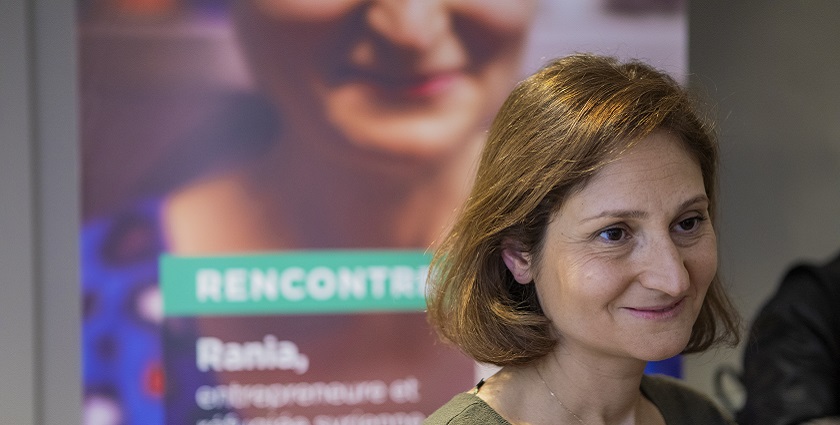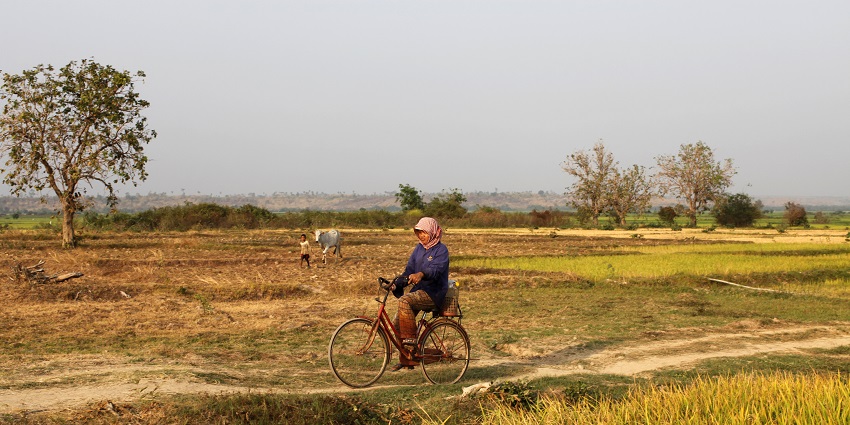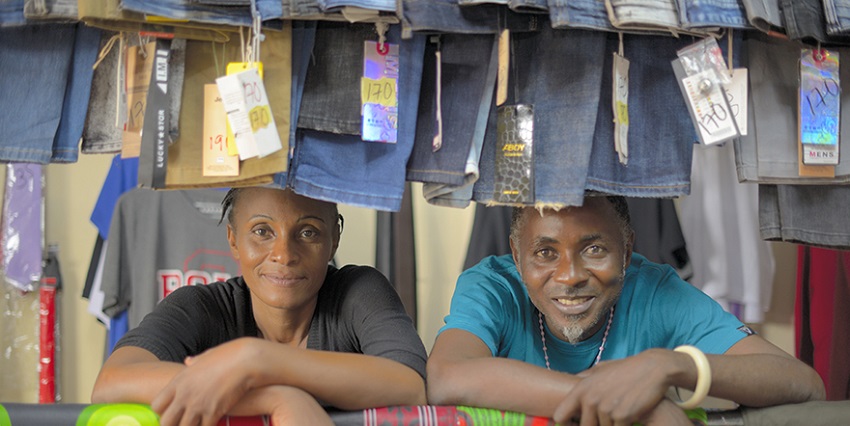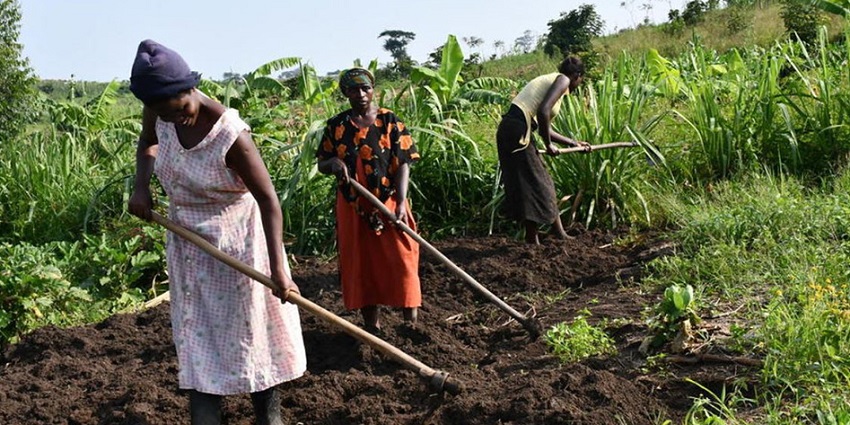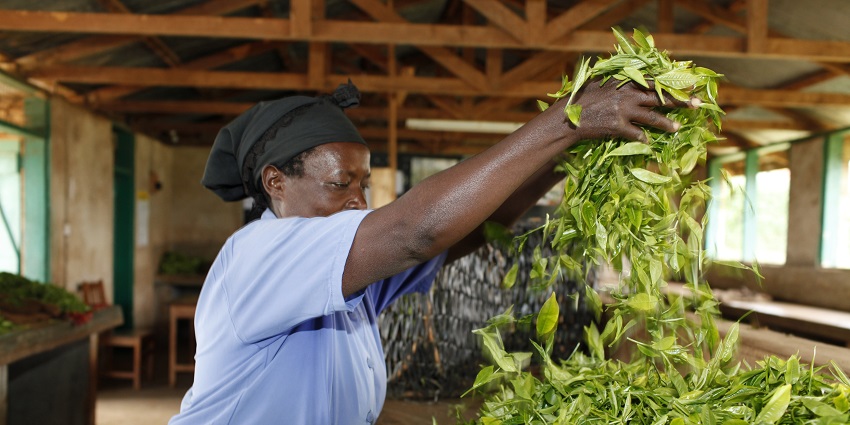By Sarah Belbachir, Crédit Agricole SA
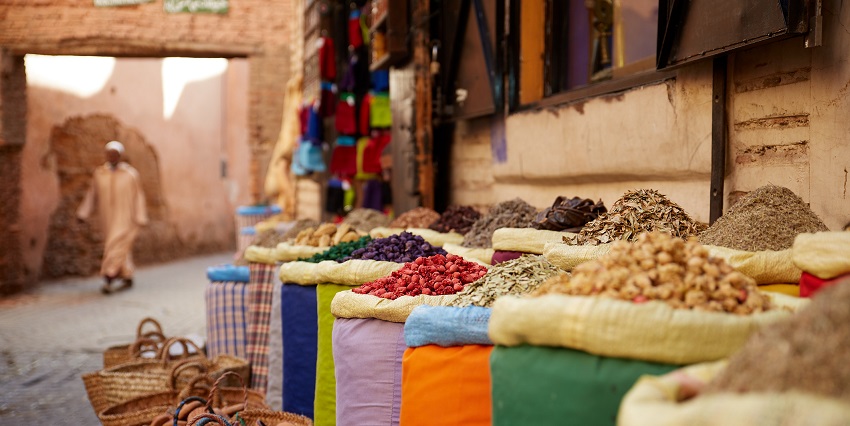
© DG
Solidarity Banker is a skills-based volunteer program open to all Crédit Agricole Group employees. Read the opinion piece by Sarah Belbachir, Solidarity Banker at Crédit Agricole SA, who went on a mission to Morocco.
Launched by the Grameen Crédit Agricole Foundation and Crédit Agricole SA in June 2018, Solidarity Banker is a skills-based volunteer program open to all Crédit Agricole Group employees, supporting microfinance institutions and impactful businesses supported by the Foundation. Discover the opinion piece by Sarah Belbachir, Solidarity Banker at Crédit Agricole SA.
_____________________
Solidarity banker… but why?
The first time I mentioned the Solidarity Bankers program to those around me, they responded, "Banker and solidarity... aren't they a bit contradictory?" For many, these two words struggle to resonate in unison. However, when I discovered Solidarity Bankers, I encountered passionate people, sincere ambitions, and concrete actions. Far from being just fine words, the program won me over with the values it inspires and its commitment to working directly on the ground.
So I immediately applied for a mission to strengthen the system for combating money laundering and the financing of terrorism (LCB-FT) ofAl Karama, an institution funded by the Grameen Crédit Agricole Foundation and Crédit du Maroc which offers microcredits to people excluded from the traditional banking system, particularly women.
Very soon after applying, I received confirmation that my application had been accepted. My mission therefore began in Montrouge, at the Grameen Crédit Agricole Foundation for the preparation phase. With the help of Edouard, Violette and Carolina (1), we defined the schedule and objectives. They introduced me to the main concepts of microfinance, and gave me specific background information on Al Karama, the Moroccan economy and the world of microfinance in Morocco.
Top departure for Rabat!
On July 13, I finally flew to Rabat. For 10 days, I would focus on a subject that was within my area of expertise, but in a different sector, in a different-sized organization, and in a different cultural context than my daily life.
The first two days were devoted to raising awareness among senior management about the risks associated with AML/CFT and how to prevent them. AML/CFT training session was organized by Crédit du Maroc's skills sponsorship teams. This provided an opportunity to discuss Crédit du Maroc's VSE/SME financing practices and to understand the market into which Moroccan microfinance institutions are diversifying.
The discussions that followed with the Al Karama team allowed me to familiarize myself with the functioning of the institution, to identify the strong points in terms of AML-CFT and the elements requiring strengthening.
The next step was to draft an action plan in more detail so that Al Karama could gradually and prioritize its AML/CFT obligations. Working with Edouard Sers of the Grameen Crédit Agricole Foundation, who joined me for this part of the mission, we defined specific recommendations, with a person responsible for each action and a three-year implementation schedule. The challenge was to create a realistic and achievable action plan for Al Karama, given its resources and staffing levels.
The action plan was very well received by the Al Karama Management Committee, to whom we presented it on the last day of the mission. The next step is now in the hands of Al Karama, which will implement this roadmap.
Unforgettable encounters
My mission was punctuated by two visits that left a lasting impression on me. Al Karama organized two branch and client visits, one in an urban setting and the other in a rural setting. The first took place in the town of Temara, a suburb of Rabat. After a few discussions with the branch manager and loan officers, we visited a client in his traditional Moroccan clothing store, who had received a microloan for his business. This first visit allowed me to better understand how a microcredit agency operates and to see how procedures are actually applied in the field.
The second visit took place in Larache, in northern Morocco. We first visited a rural agency that provides specific agricultural services to the region's residents. We went to a watermelon and peanut field to meet a farmer who had benefited from a microcredit to expand his land. I was able to confirm the impact of microcredit on the development of small-scale agriculture and the strengthening of rural economies.
These meetings allowed me to gain a deeper understanding of microfinance and to see what inclusive finance can actually accomplish. But above all, they were an unforgettable human experience.
It was just a taste... I returned to Paris with the desire to get more involved.
Letter #34 to download here
